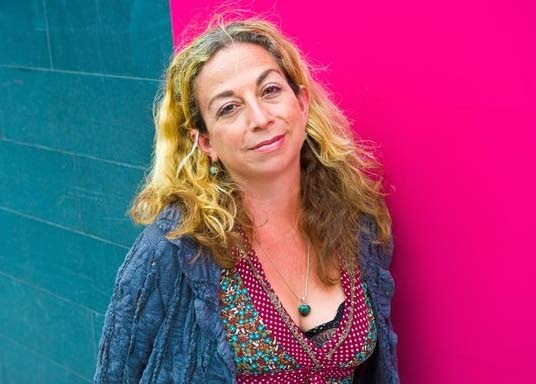UWI's LiTT Con: Authors explore identity

DEBBIE JACOB
SIX diverse authors exploring the theme of self-identity opened day two of UWI’s online literary festival LiTT Con 2020.
The morning session began with ten-minute readings from Elizabeth Walcott-Hackshaw, Kevin Baldeosingh, Lisa Allen-Agostini, Monique Roffey, Niala Maharaj and Tony Deyal, who also served as moderator as the authors explored various angles of the theme on September 22.
Each reader offered a snapshot of how Caribbean novelists deal with the complex issue of identity in a Caribbean context.
Walcott-Hackshaw began the readings from Stick No Bills, her latest collection of short stories, which she described as “vignettes.” Through One Day at a Time, Waiting and Jackmill Walcott-Hackshaw offered various lenses to view self-discovery. The first story focuses on an individual engaged in mundane morning rituals. In the second vignette, the protagonist’s sense of self emerges from outside of herself while the final story, set in St Lucia explores how setting impacts on self-identity.
Journalist and fiction writer Baldeosingh read from the opening pages of his recently finished, unpublished novel. George Lal, 65, begins his last day by killing a mosquito, which Baldeosingh described in colourful detail. The novel slips comfortably between past and present as the author offers a moving picture of his elderly protagonist.
“It’s good to have a novel about an aged person,” said Deyal when Baldeosingh finished reading.

Fiction writer, poet and standup comedian Allen-Agostini read from her popular Young Adult (YA) novel Home, Home, which has garnered international critical acclaim from Kirkus Review and Library Journal. The Bocas award-winning YA novel tells the story of a 14-year old Trinidadian, who is sent to Canada to live with an aunt after she attempts suicide. The teenager deals with her anxiety and depression by writing a journal, which helps her grapple with her identity.
Roffey read a titillating excerpt from the Mermaid of Black Conch, which she says is a rewrite of an old Taino legend. The story presents the fine thread connecting history and legend and its relevance in modern society. Roffey’s novel shows yet another angle of self-identity and explores what happens when society considers a woman to be too beautiful and too confident.
Former Express journalist Maharaj read from her novel Like Heaven, which deals with Trinidad in the oil boom days. The story of two sons, one, an 18-year-old who gets sucked into his father’s business and the other who escapes to England to become a lawyer, addresses how family and society’s expectations suppress self-identity. Maharaj evokes a sense of place from smells and tastes of Trinidad. Those in attendance commended her imagery and her natural dialogue.
Deyal read a humorous, colourful piece about Carapichaima. His tongue-in-cheek humour and discussion of the uses of the words stickfighting and sticklicking in other islands evoked the double entendre that permeates Caribbean culture.
One of the most important points to come out of these readings was the comment about the necessity to offer more audiobooks of Caribbean literature. The Zoom session managed to capture the intimacy of a traditional literary reading. Seeing writers often surrounded with books in their own homes made this session visually appealing and didn’t detract from the fact the audience couldn’t be there live.

Comments
"UWI’s LiTT Con: Authors explore identity"